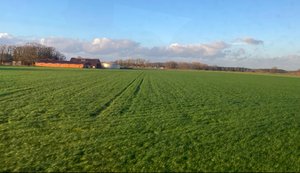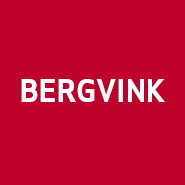Research profile and interests of the University of Vechta

You are planning a research stay at a German university in order to broaden your research experience and exchange ideas with other experts in your field. Is the University of Vechta the right host institution for you? In order to clarify this question, you can refer to the research profile and interests of the University of Vechta. Here, you will find a guiding overview.
The University of Vechta promotes its mission statement “Responsibility is Key” and, to this effect, places future-relevant questions of society at the centre of academic discourse. Preferable research topics are those with the potential of contributing to the development of future models of society and to the solution of current and future challenges.
The research interests of the University of Vechta coincide with its four key profiles: Teacher Training, Social Services, Agriculture and Food, and Cultural Studies.
Teacher Training: Teacher Training includes teaching methods, but also the disciplines of educational sciences. The jointly identified cross-cutting issues are in the areas of “professionalisation”, “inclusion/heterogeneity/diversity”, “digitalisation” and “mediatisation” in educational processes.
Social Services: The key profile Social Services at the University of Vechta comprises several branches, including Social Work, Gerontology, Social Services Management, etc. These research interests are increasingly influenced by questions of social security, ageing and demographic change, as well as the economic implications of the associated transformation processes.
Focus on regional systems: Agriculture and Food: Due to the highly developed industrial agriculture specific for the region, a significant research interest has developed in the context of the economic sector of Agriculture and Food over the past years. In research, the key profile Agriculture and Food is characterised by a close cooperation with non-university institutions, which is demonstrated for example by the nationally known and established Institute for Spatial Analysis and Planning in Areas of Intensive Agriculture (ISPA).
Cultural Studies: This key profile comprises diverse, often also interdisciplinary research that deals with, amongst others, the concept of the Anthropocene, examines aspects of interculturality and “Cultural Change”, and will consider issues of digitalisation and mediatisation in future.
In addition, there are further research projects at the University of Vechta, e.g., in Trust Research and Landscape Ecology. These research interests are embedded in a framework of research on Transformation Processes in Rural Areas.
The three research institutes of the University of Vechta, among others, are working on the above-mentioned research interests. These are: the Institute for Gerontology (IfG), the Institute for Spatial Analysis and Planning in Areas of Intensive Agriculture (ISPA) and the Vechta Institute for Inclusion (BERGVINK). For an overview of the work of the research institutes, please see below.
Research institutes of the University of Vechta

Website: https://www.uni-vechta.de/einrichtungen-von-a-z/ifg/home/
Research interests: individual and social conditions, mechanisms and consequences of ageing
Ongoing research projects: https://www.uni-vechta.de/ifg/forschung/forschungsprojekte
Website: https://www.uni-vechta.de/vistra
Research interests: Sustainability-oriented transformation research in rural areas; more details: https://www.uni-vechta.de/vistra/forschung

Website: https://www.uni-vechta.de/bergvink
Research interests: Promoting and shaping inclusion in education, upbringing and society.
In cooperation with external institutions in the region and beyond, the Institute analyses and develops perspectives on the framework and success conditions of inclusion in education, upbringing and society.
Ongoing research projects: https://www.uni-vechta.de/bergvink/projekte
